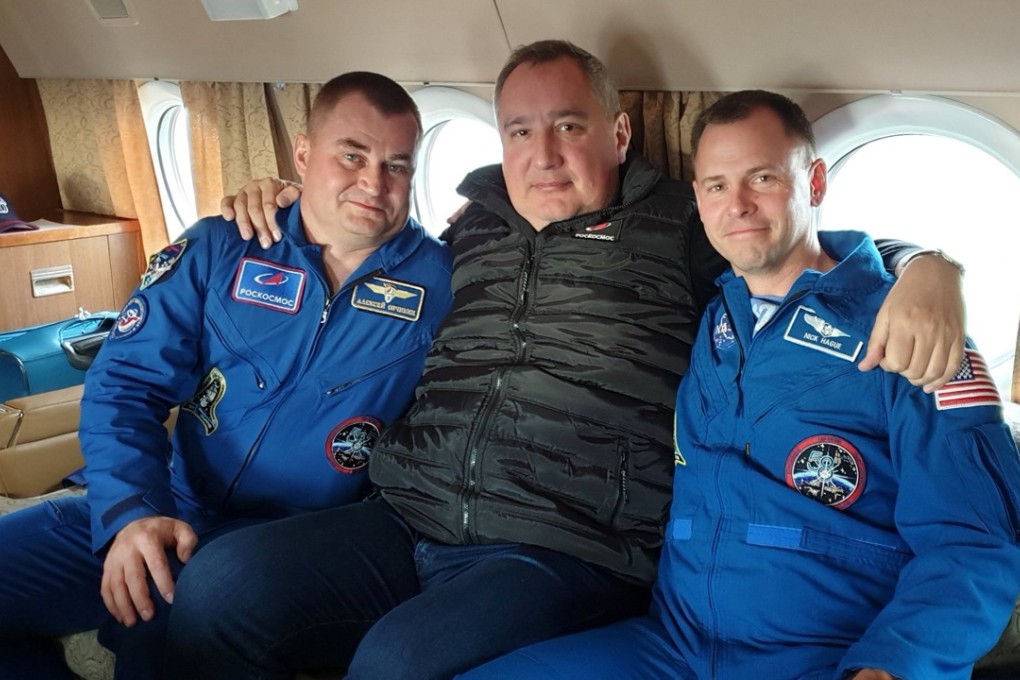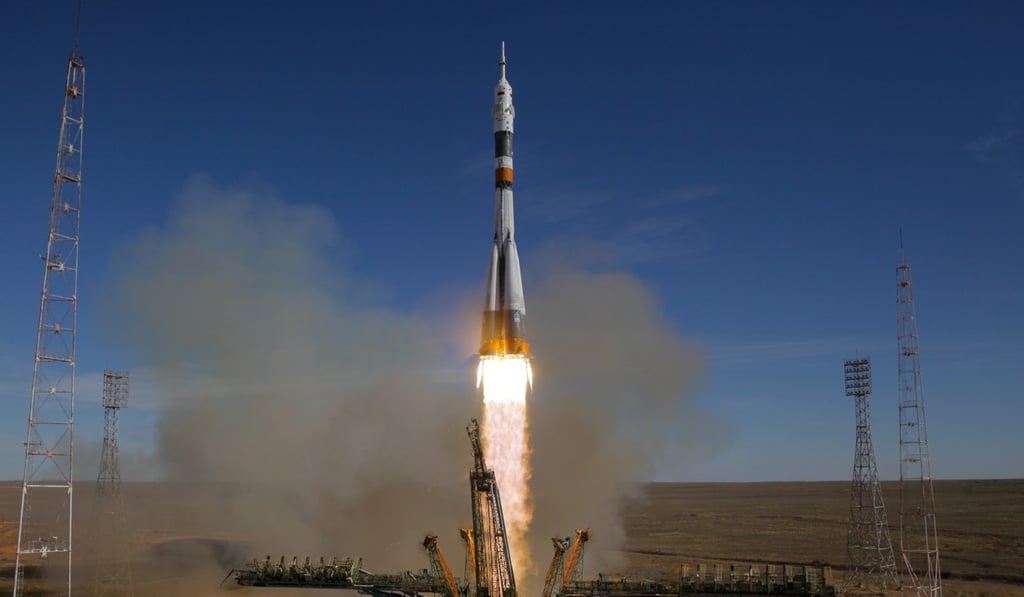Aborted launch astronauts may head to International Space Station this year: Nasa head says
Administrator Jim Bridenstine said investigators have a ‘really good idea’ what went wrong and a scheduled launch in December could still go ahead

Nasa’s top official suggested on Friday that a new mission to the International Space Station could take place this year after Russian experts address the cause of a Soyuz rocket malfunction and the crew’s harrowing escape from the outer edge of the stratosphere.
“At this point, we have not made any changes to the schedule. No changes have been made. The investigation is underway,” Nasa Administrator Jim Bridenstine told reporters.

That could mean another launch before mid-December, when the three-member crew of the space station was scheduled to end their six-month mission.
“I think the investigation is going to go swiftly,” he said, but gave no further details on the preliminary findings.